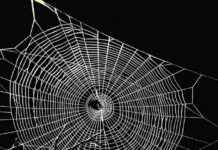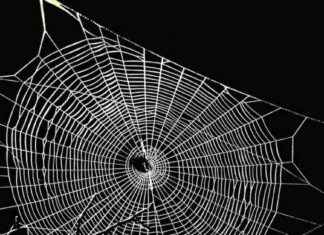He thinks that Vox will ask that the Memory Law be declared unconstitutional but he has doubts that the PP will do so
MADRID, 23 Oct. (EUROPA PRESS) –
The Francisco Franco National Foundation suspects that the Government will try to outlaw it in the face of next year’s elections, once the Democratic Memory Law has come into force, according to what its president Juan Chicharro has told Europa Press.
With the new norm, which has been in force since Friday, the door is opened to outlaw foundations that advocate the 1936 coup and the Franco dictatorship or exalt their leaders, “with contempt and humiliation of the dignity of the victims of the coup of State, war or Francoism” or make “direct or indirect incitement to hatred or violence against them”, according to the law.
In this sense, he considers that the Government “will make a move when it is interested”, as he has stated, and he believes that it will use “the Franco joker”, as he has described it, before the next regional and municipal elections that are going to be held in May 2023 or before the general elections at the end of the year.
He therefore hopes that the law will be declared unconstitutional and is convinced that Vox will promote an appeal for this purpose. However, you show your “doubts” that the PP is going to do the same.
At the moment the Franco Foundation has not received any notification about its extinction, since a judicial process must first be initiated. However, Chicharro warns that if they try to outlaw them they will appeal to the courts and is “very calm” because, according to him, he has arguments for the judges to agree with them.
In this sense, it flatly rejects that its activities imply contempt or humiliation for the victims and even less that they incite hatred or violence. “We’ve never done it,” she says.
He also doubts that emphasizing that “600 reservoirs” were built during the Franco regime or that the “Social Security” system was launched is an apology. The judges, therefore, will have to “clarify” this issue, as he has warned.
Regarding the assets of the foundation –mainly its extensive documentary archive– the law establishes that they will go to foundations or private non-profit entities decided by the board of trustees of the extinct foundation itself.
In the event that it is not carried out, the process will remain in the hands of the Protectorate of Foundations, a body dependent on the Ministry of Culture and Sport, which can appoint a liquidator who will receive remuneration from the foundation’s assets.
In this regard, sources from the Secretary of State for Democratic Memory consulted by Europa Press indicate that it is up to the Board of Foundations to “judicially urge” the extinction of a foundation and that the judicial body may agree to the provisional suspension of the activities of the foundation until that sentence be pronounced. Also, take precautionary measures if deemed necessary so that activities can be suspended.
However, they do not clarify which foundations can be banned and if Francisco Franco is among them. They only point out that the rule affects anyone who does not pursue ends of general interest or carry out activities contrary to it, as indicated by law.
In this regard, they specify that it is considered contrary to the general interest to defend Francoism that extols the coup d’état and the dictatorship or praises its leaders, in the aforementioned terms.
Chicharro also assumes that the possible extinction of the foundation would entail other consequences such as the closure of its website and the closure of the headquarters located in the Nuevos Ministerios area in the Spanish capital.
On the other hand, he points out that another association that could be in a similar situation is the National Brotherhood and the Blue Division Foundation, dedicated to the “study, dissemination and knowledge” of this military unit that fought in World War II alongside Nazi Germany. .
He does not believe that other entities such as the foundations dedicated to the leaders of the PSOE during the Second Republic, Francisco Largo Caballero and Juan Negrín, as well as the Sabino Arana Foundation, the founder of the PNV, will suffer the same fate, as he comments ironically. . He therefore considers that it is a “partial” and “sectarian” law with “totalitarian” approaches.








